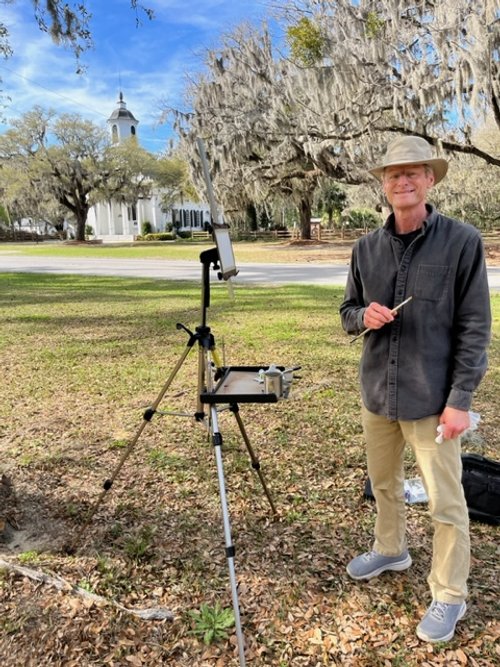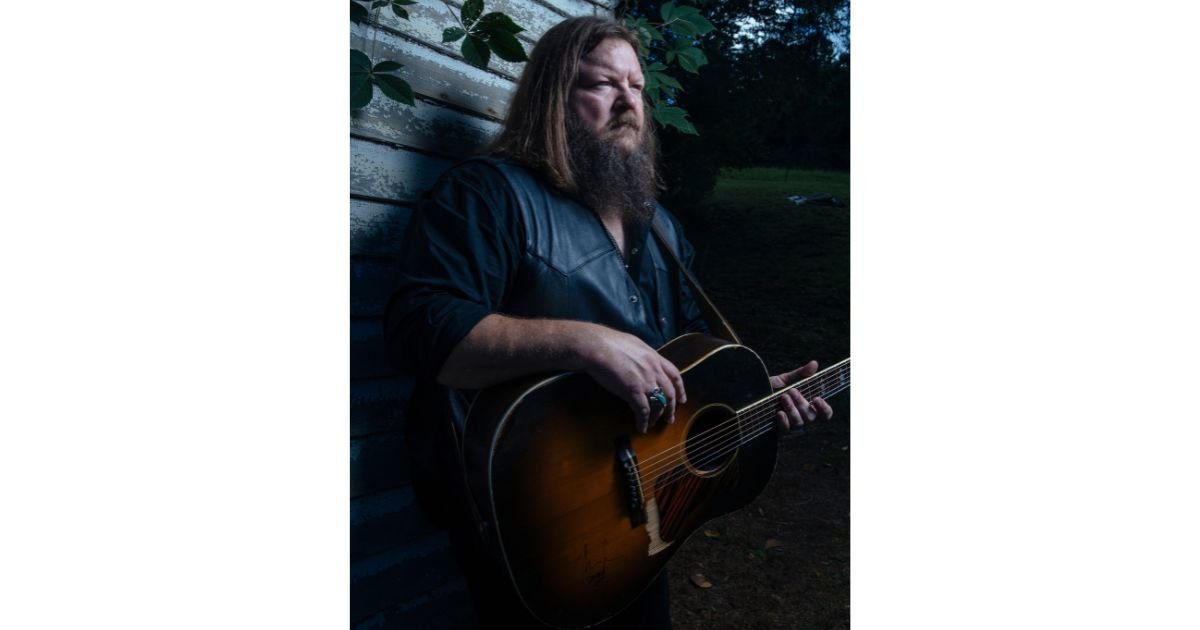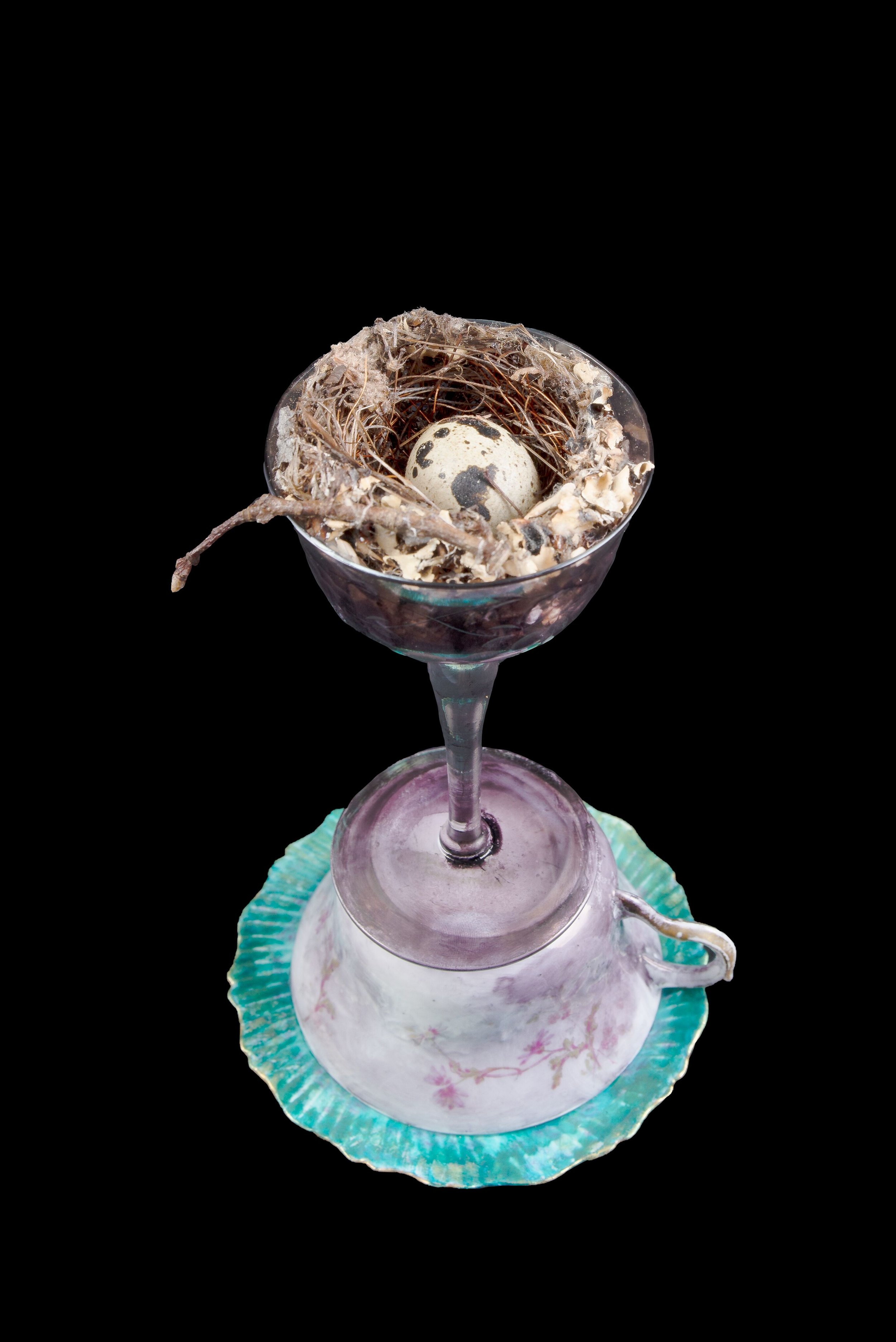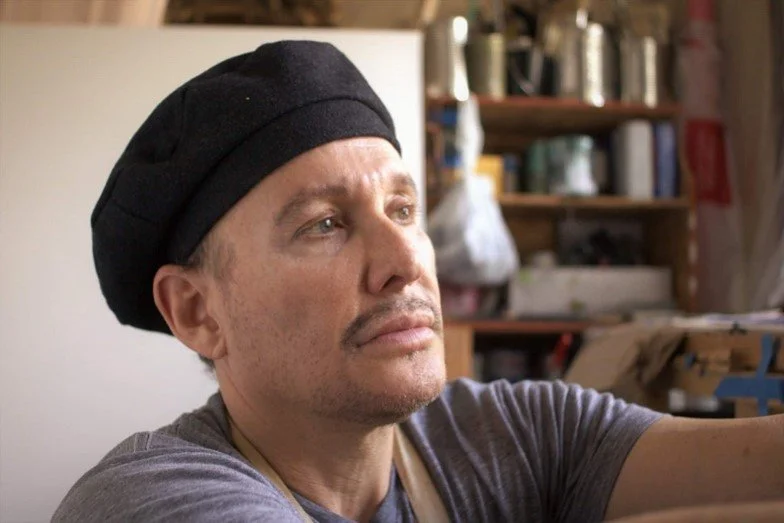The 1975 musical A Chorus Line has been a beloved musical since it opened on Broadway nearly 40 years ago, and last week, it opened at Workshop Theatre. Directed by Hans Boeschen, the musical brings together over 20 local actors as it delivers the familiar plot: a tense fight for individuality veiled behind humor, sweat, and tights.
These personalities are stepped into well, for the most part, by the cast. The humor is certainly the part best received. Craig Allen and Adai’shun Cook, as Bobby and Richie respectively, are fabulous at using body language to command the stage and complement the jokes in their dialogue. Gracen Cabiness, who plays Kristine, is fantastic at facial humor, pulling out many a laugh from the audience in her rendition of “Sing.”
When it comes to embodying the almost character actor element of this play, the cast shines, but they do struggle at times in the nuance of the performances. Shelia and Val, for example—portrayed by Reign Capers and Tajiana Nechelle—are great in stepping into the shoes of confident vixens who know what they want and aren’t afraid to take it. However, when there are moments for these women to be vulnerable and for doubt to creep in, the performances don’t seem fully taken advantage of.
Though at its heart A Chorus Line is a musical about potentially losing ourselves in our journey to be seen, it’s a show outwardly focused on singing and dancing—two things this production did decently but not exceedingly well.
This cast only includes a few professional dancers, and choreographer Erin Bailey certainly did a fair job creating dance moves where every person could produce the moves and still look identical. Sometimes, however, the moves were a bit awkward, even in solo scenes that felt like a time to show off. For example, Cassie’s solo is meant to highlight her acting and dancing chops—and Katherine Brown, who portrays her, has a professional background in dancing—so it would have been nice to see some more striking, powerful movement.
That being said, Katherine Brown was a standout in the show. Cassie demands an aesthetic and energy that is set apart from the other dancers, and Brown brings this to the role. The speech in which she reveals why she has returned to the chorus line felt genuine, and her vocal performance, though not transcendent, was one of my favorites—along with Gaby Walker’s solos as Diana.
All-in-all, there were pockets of highlights in the show where someone’s voice hit just the right pitch and tone or there was a dance move that caused you to hold your breath, like Katie Page’s brief tap dance routine as Mikah during “I Can Do That.” However, looking the show as a whole, there were several hiccups with the song and dance that was exacerbated by issues with sound. The mics produced feedback at several times during the performance, and the music was a bit too loud and partially muffled the actors’ singing/talking. The visuals, though, worked well, with the traditional mirrored dance room backdrop and scattered gym bags defining the space (set by Patrick Faulds).
Further, the costume design, led by Andie Nicks, was deft, showcasing pieces that well reflected the individual character’s personas while also looking like what one simply would naturally wear to practice dance, which made the performance as a whole feel modern and real from the start—and which gave the final change into matching uniforms the punch the closing scene requires.
The one thing this performance certainly has going for it is heart. It was funny, and it was passionate. Being there as a patron was a joy, simply to exist in the audience where fellow audience members laughed out loud and ended the performance with loud claps and screams of joy and support. They made it clear Workshop is doing something right.
Overall, if you want to support the arts and local talent, it’s worth the drive to Cottingham Theatre at Columbia College to see it. Even though it is not a flawless production, it is passionate and real and showcases a group of people whose individuality deserves to be recognized.



































